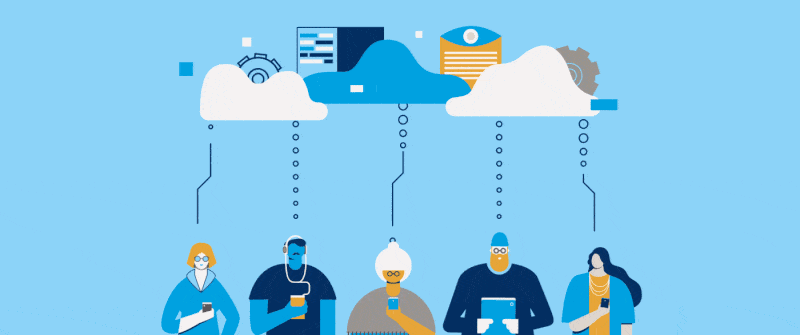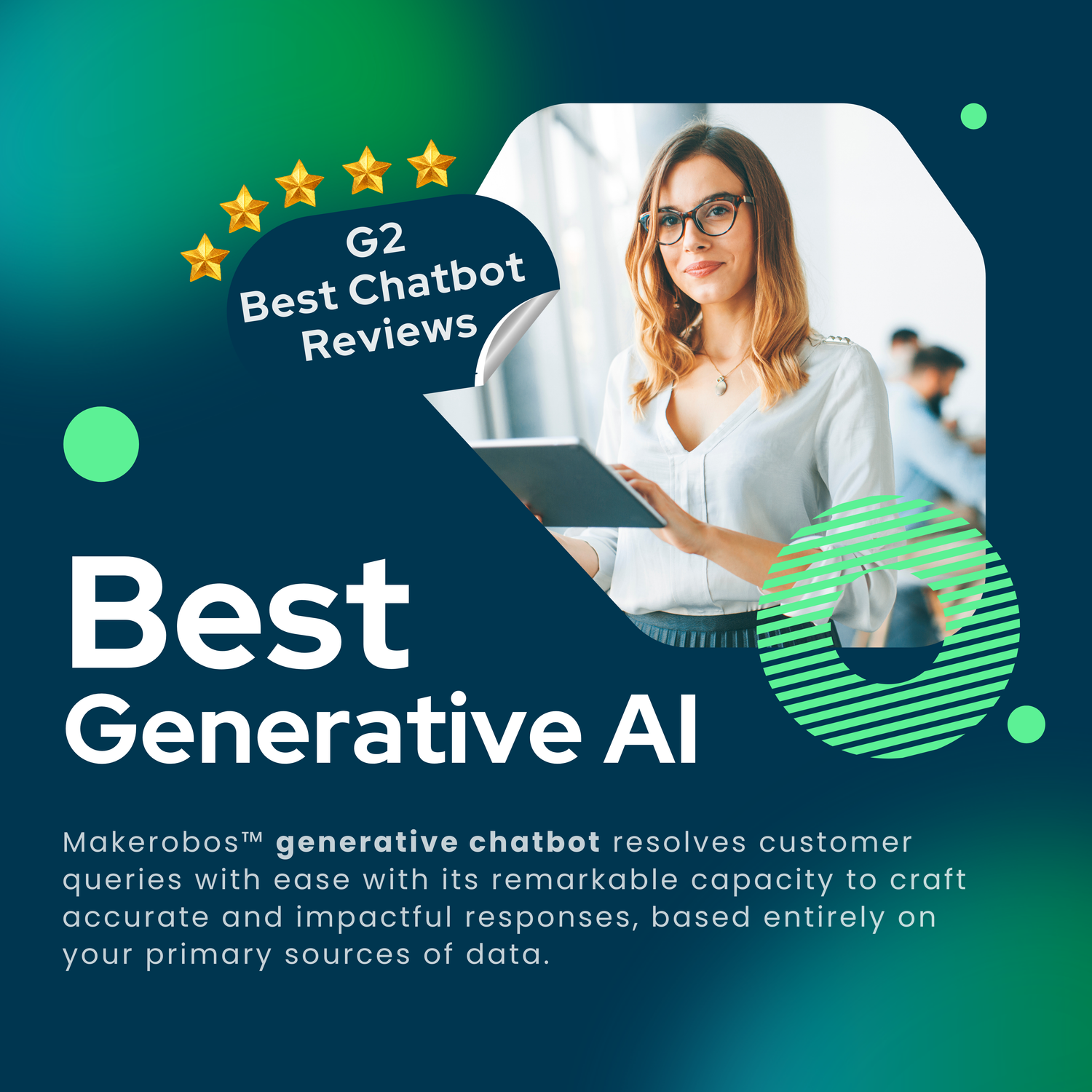From a business point of view, automating monotonous tasks can be a great help. Besides, with the help of Intelligent Process Automation, businesses can unleash their true potential.
Enterprises like Walmart, Xerox, and Deloitte are the keen adopter of RPA tools. In fact, to automate the repetitive tasks, Walmart has deployed more than 200 bots in different departments. As a result, they have successfully decreased the operation cost by 45 to 70%.
But, when it comes to business optimisation, excessive use of RPA tools can pose a significant challenge to the scalability.
Self Automation is the boundary line separating RPA and IPA
Robotic Process Automation is the automation of monotonous tasks via pre-programmed software. It can be generating and sending bills to a particular set of recipients on a specific date of the month. But, in case of any changes in the pre-defined module, RPA tools need to be updated manually.
Whereas, Intelligent Process Automation is the ability to learn and understand a process. And act accordingly without following a pre-defined set of rules.
In terms of machines, self-learning is governed by the ability to process unstructured data into a structured one. It enables better learning without relying on any external support system.
Which ONE is better: RPA vs. IPA?
In the domain of business automation, RPA has gained considerable popularity from last year. Many businesses have implemented RPA tools to automate monotonous tasks. There’s a reason behind this, RPA tools are much cheaper than IPA ones.
Plus, it is easy to implement them.
But, when it comes to Intelligent Process Automation via smart tools, there are significant differences, such as:
- RPA works on pre-defined flow, while IPA processes the language and understands the query of the users.
- RPA recognizes the pattern, while IPA can predict the next move of the users and act in accordance.
- RPA tools can collect a defined set of information, whereas IPA tools can generate additional data as per user interaction.
Business Application of RPA - Customer Support Automation
Business leaders often search for: How to automate customer support?
Repetitive tasks seem to be simple but are indeed the bottleneck in the growth of an organization. And, there are thousands of piece-of-advice articles on the web that can teach the tips and tricks of customer support management. But, the core issues lie unaddressed.
By automating rote tasks yet highly important, organizations can direct the workers to work on meaningful and valuable tasks. Plus, IPA can also help them with better decision making and provide them with critical information in real-time.
It can also enable a great sense of satisfaction in employees, which will eventually benefit the enterprise to achieve the goals more efficiently and effectively.
How AI can shape and enhance RPA?
Monotonous tasks are proved to be the learning ground for artificially intelligent chatbots. Because while answering the repeated queries, the chances of errors are less.
Hence, it can help AI chatbots to get a good understanding of the queries of the customers. And learn from the input of human agents, and how they have tackled complex problems.
So, when the same incident happens, AI bot can apply Intelligent Process Automation to it, and get it done without any human intervention.
We think, shortly, bots will be able to create bots like themselves, whenever required. So they can adapt to different business needs.
However, if this looks like a distant dream to you, then we can discuss real-life use cases, in the domain of Insurance, Finance, B2B, E-commerce, etc.
Final Outcome: Super Impressive Customer Experience

Get the best of both worlds: Machines as the front face of a business can sort out and take on the monotonous tasks. While redirecting the complex ones to the human agents for better resolution.
In the hour of need, customers often face difficulty connecting with businesses. By deploying AI chatbots as the virtual agent, organizations can empower their users to avail assistance whenever required.
Hence, Robotic Process Automation is efficient for addressing routine work. Whereas, Intelligent Process Automation tools acquire knowledge from such tasks by leveraging AI and ML, and get better with time.
The ability of self-learning makes IPA tools the best fit for businesses that deal with a broad audience. Plus, by standardizing the workflows, you can address the customers in real-time and enhance the customer experience.
This can significantly help in promoting the products and services to other users. As per a survey — 70% of the customers who encounter positive responses from businesses share their experience and recommend it to others. Eventually, this can help you get a better Net Promoter Score.
Stay Ahead of the Curve - Benefits of RPA + AI
- Automate up to 80% of tasks and scale business operations.
- Get customer interaction data in real-time.
- Low-cost maintenance of RPA and AI tools.
- Save 40–80% operation cost.
- Better customer retention and ROI.
- Take fast actions on the back office work.
- Get and tap user data in real-time.
Bottom Line:
In the business domain, IPA via AI chatbot can prove to be a great assistance to humans and not a replacement for humans. It can help businesses in providing a better coordination with customers and also effectively enhance the relationship with the customers.


